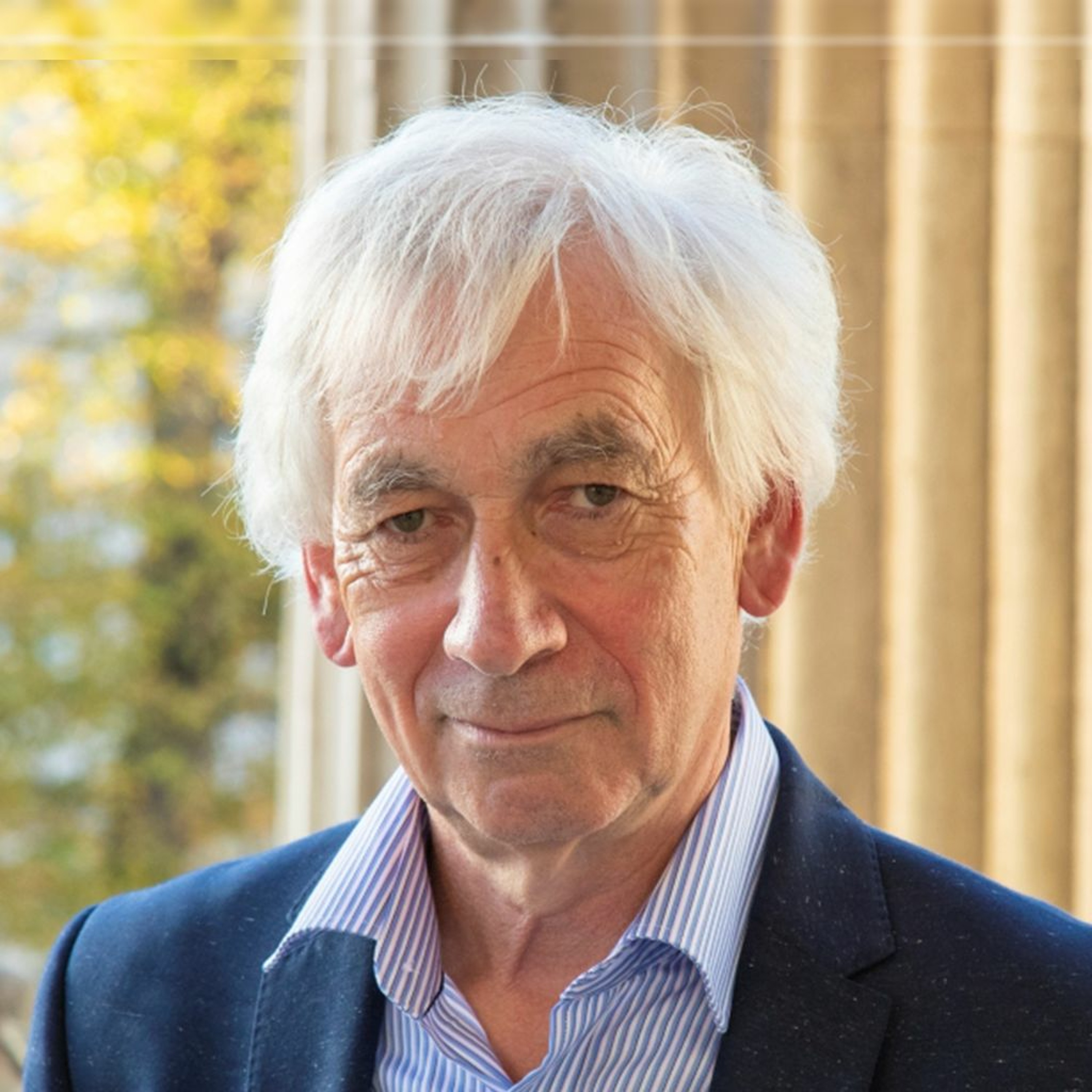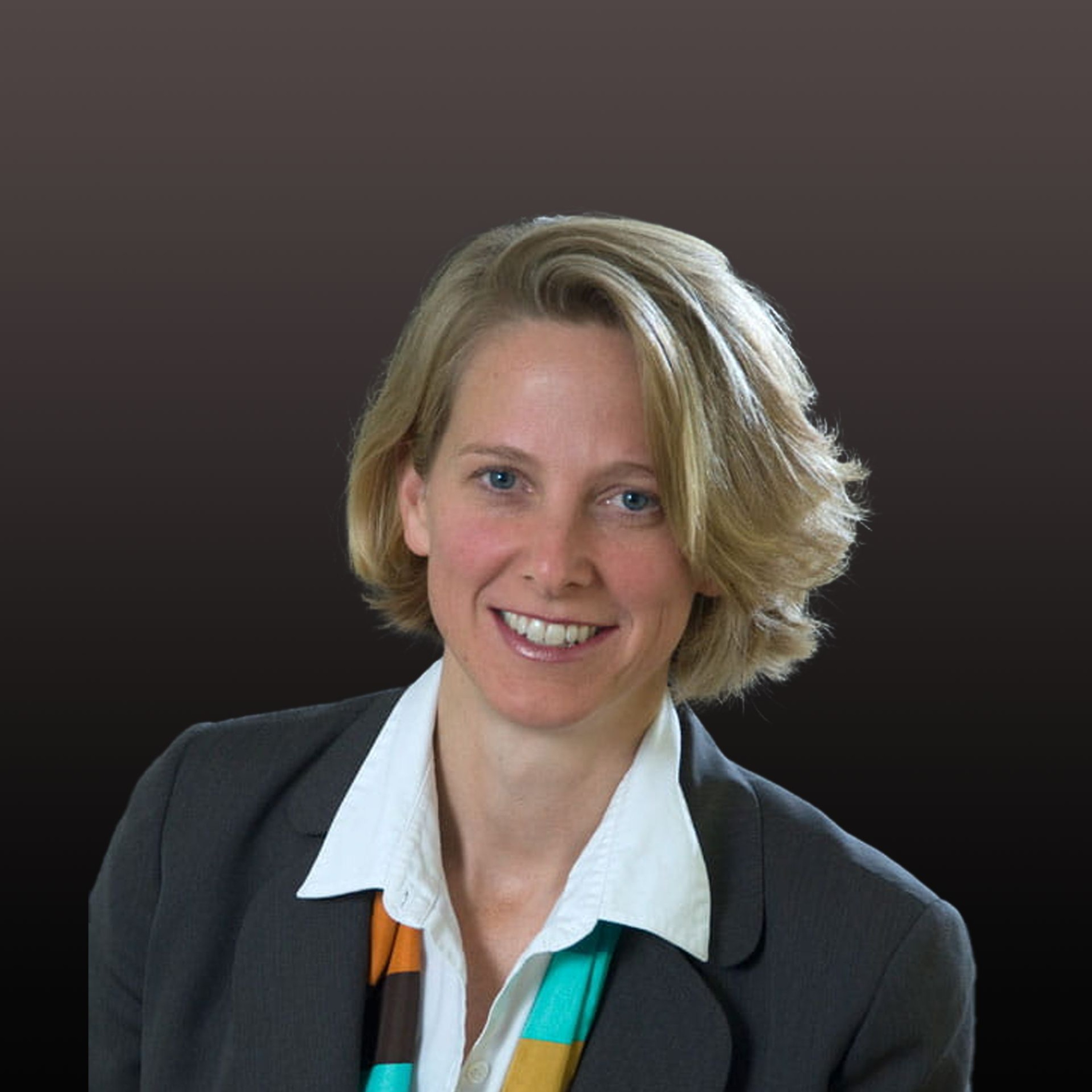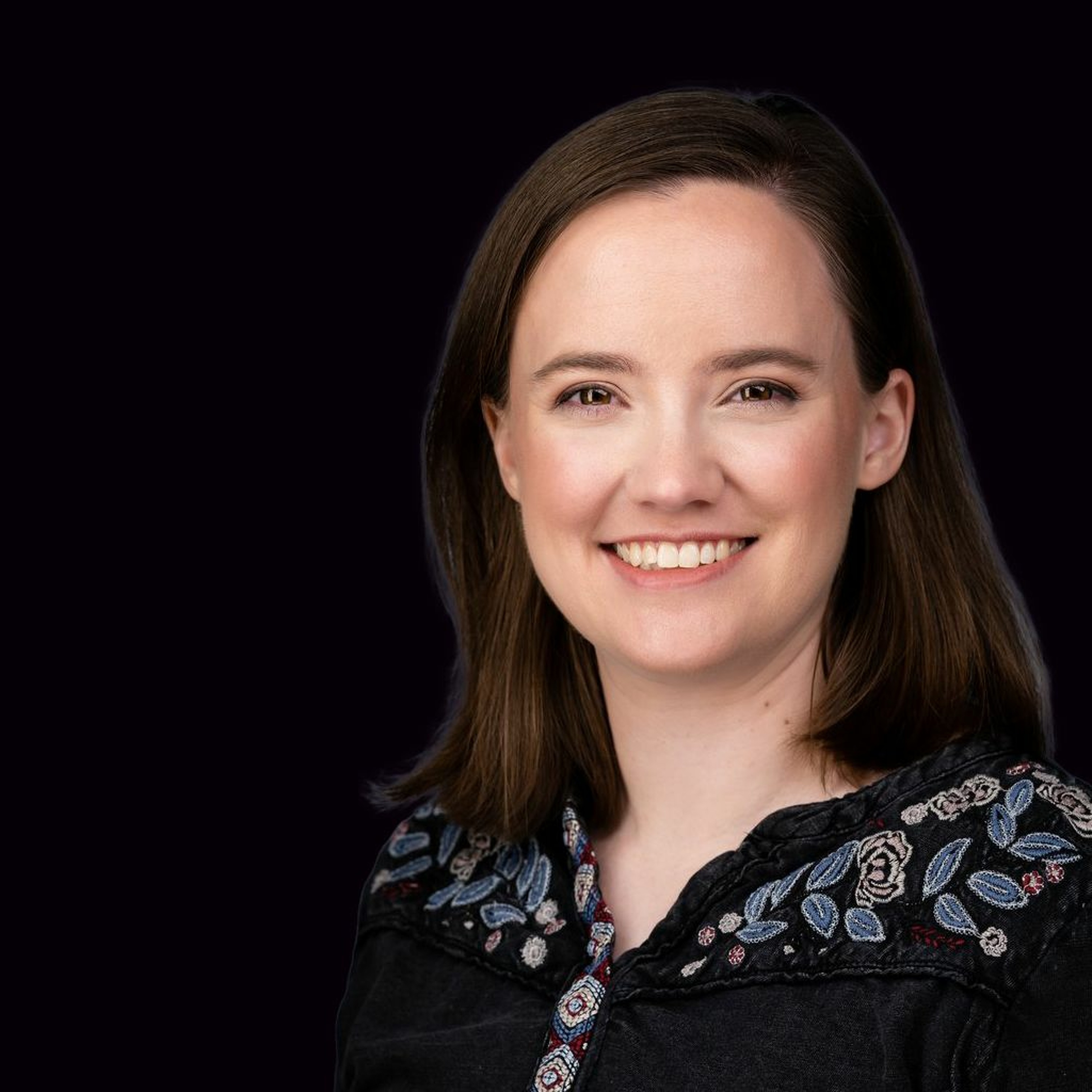“When Galaxies Were Born: The Quest for Cosmic Dawn” with Professor Richard Ellis
Update: 2023-01-29
Description
Looking for the earliest galaxies is like travelling back in time. Something that astronomers do all the time. Astronomers use huge and powerful telescopes to see not only farther and deeper into space, but also back in time. The hunt for the oldest galaxies using observational astronomy needs not only a thorough grasp of the physics and chemistry of the early cosmos, but also the human ingenuity of building large size telescopes and designing innovative instrumentation. Large and complicated telescopes, as well as supporting processes, techniques, and devices, allow astronomers to make more clear and accurate observations in their search for the first galaxies. In his new book “When Galaxies Were Born: The Quest for Cosmic Dawn” professor Richard Ellis presents a firsthand narrative of how a pioneering group of scientists used the world's greatest telescopes to unravel the history of the universe and witness cosmic dawn, when starlight first illuminated the cosmos and galaxies formed from darkness. The book also gives a narrative of a golden age of astronomy, outlining many achievements and disappointments, and discussing rivalries with competing teams. This is also an account of professor Elis’s remarkable career spanning more than forty years. In this episode of Bridging the Gaps I speak with professor Richard Ellis. We discuss amazing progres that astronomers have made in building ever larger and more powerful telescopes; we also dig deep on the fascinating research on the birth of galaxies and our quest for the cosmic dawn.
Richard S. Ellis is professor of astrophysics at University College London and a world-renowned observational astronomer who has made numerous discoveries about the nature and evolution of the universe.
We start off discussing the human aspects of observational astronomy where teams from all over the world first compete for participating in constructing large telescopes and then compete for securing blocks of time to make observations. We review the taxonomy of large and most powerful ground based telescopes and discuss effectiveness and contribution of space telescopes towards observational astronomy. First light in the universe and the assembly of galaxies in the early universe are among the four main areas that the James Webb Space Telescope will focus on. We dig deep on these points, and what expectations researchers have from this new space telescope. We then discuss how human ingenuity has led to the development of techniques such as adaptive mirrors and application of gravitational lensing to improve our observations. We then focus on the cutting edge research on the quest for cosmic dawn and dig deep on the physics and chemistry of the early universe. We discuss the role dark matter might have played in the formation of early galaxies. We also touch upon the origin of life in the universe, and briefly debate the question “are we alone”. This has been a fun discussion that is highly informative.
Complement this discussion with ""Exploring the Mysteries of Our Universe’s First Seconds" with Dr Dan Hooper” available at:
https://www.bridgingthegaps.ie/2020/09/at-the-edge-of-time-dr-dan-hooper/
And then listen to ""The End of Everything (Astrophysically Speaking)” with Dr Katie Mack” available at:
https://www.bridgingthegaps.ie/2020/08/the-end-of-everything-astrophysically-speaking-with-dr-katie-mack/
Richard S. Ellis is professor of astrophysics at University College London and a world-renowned observational astronomer who has made numerous discoveries about the nature and evolution of the universe.
We start off discussing the human aspects of observational astronomy where teams from all over the world first compete for participating in constructing large telescopes and then compete for securing blocks of time to make observations. We review the taxonomy of large and most powerful ground based telescopes and discuss effectiveness and contribution of space telescopes towards observational astronomy. First light in the universe and the assembly of galaxies in the early universe are among the four main areas that the James Webb Space Telescope will focus on. We dig deep on these points, and what expectations researchers have from this new space telescope. We then discuss how human ingenuity has led to the development of techniques such as adaptive mirrors and application of gravitational lensing to improve our observations. We then focus on the cutting edge research on the quest for cosmic dawn and dig deep on the physics and chemistry of the early universe. We discuss the role dark matter might have played in the formation of early galaxies. We also touch upon the origin of life in the universe, and briefly debate the question “are we alone”. This has been a fun discussion that is highly informative.
Complement this discussion with ""Exploring the Mysteries of Our Universe’s First Seconds" with Dr Dan Hooper” available at:
https://www.bridgingthegaps.ie/2020/09/at-the-edge-of-time-dr-dan-hooper/
And then listen to ""The End of Everything (Astrophysically Speaking)” with Dr Katie Mack” available at:
https://www.bridgingthegaps.ie/2020/08/the-end-of-everything-astrophysically-speaking-with-dr-katie-mack/
Comments
Top Podcasts
The Best New Comedy Podcast Right Now – June 2024The Best News Podcast Right Now – June 2024The Best New Business Podcast Right Now – June 2024The Best New Sports Podcast Right Now – June 2024The Best New True Crime Podcast Right Now – June 2024The Best New Joe Rogan Experience Podcast Right Now – June 20The Best New Dan Bongino Show Podcast Right Now – June 20The Best New Mark Levin Podcast – June 2024
In Channel

























